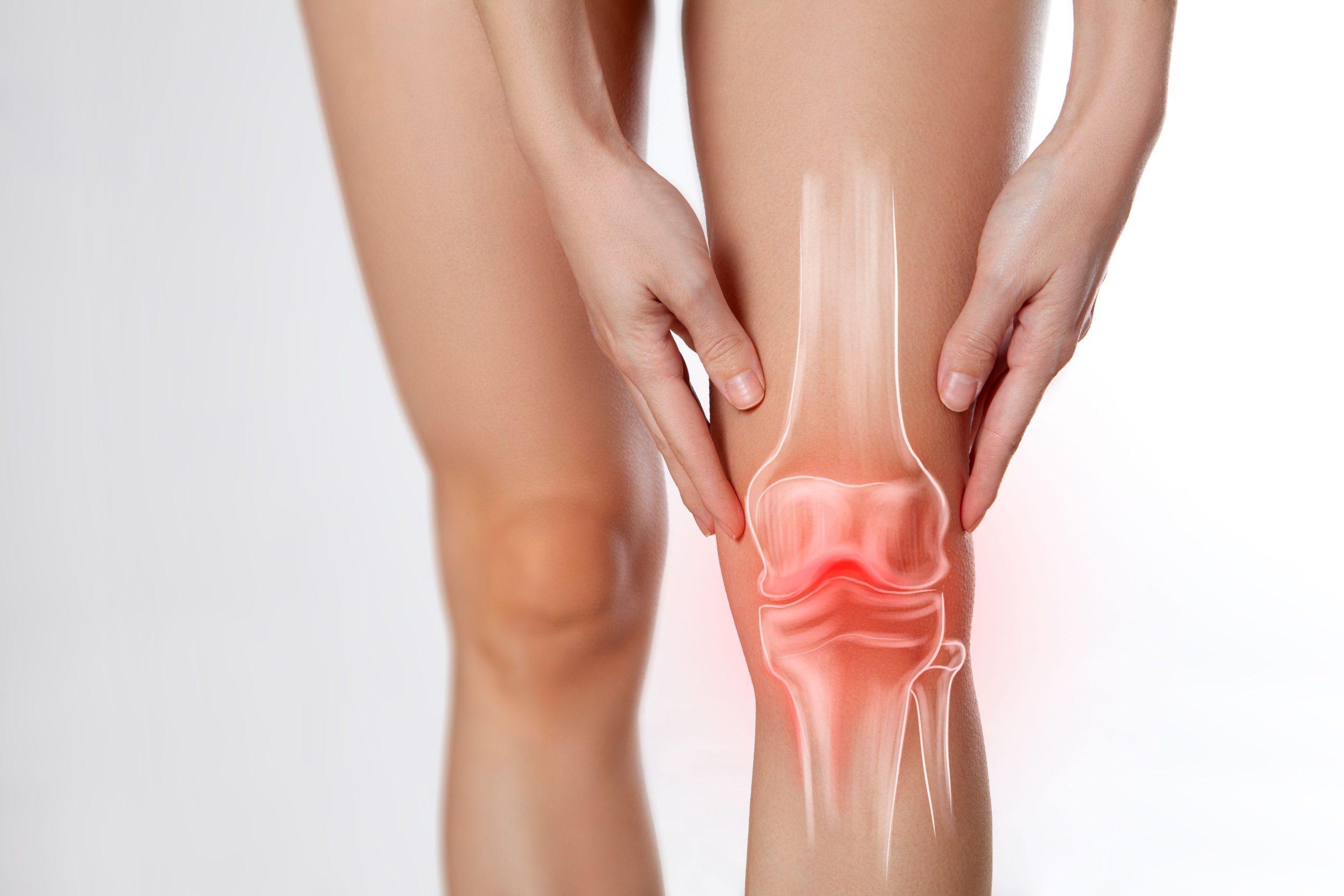Infection
New-Onset Inflammatory Rheumatic Diseases May be Triggered by SARS-CoV-2 Infection or COVID-19 Vaccines, According to Recent Data
©BigBlueStudio/AdobeStock
Results of a recent study show a broad spectrum of possible clinical manifestations of inflammatory rheumatic diseases (IRD) following SARS-CoV-2 infection or COVID-19 vaccination.
Manifestations include inflammatory joint diseases (IJD), polymyalgia rheumatica (PMR), connective tissue diseases (CTD), and vasculitis, according to the findings published in the April edition of RMD Open.
“Since the beginning of the COVID-19 pandemic, isolated cases of inflammatory rheumatic diseases (IRD) with onset after SARS-CoV-2 infection or COVID-19 vaccine administration have been described by several groups,” wrote first author Francesco Ursini, MD, Istituto Ortopedico Rizzo, Bologna, Italy, and colleagues. “However, the anecdotical [sic] nature of the previous reports does not allow to catch the ‘big picture’ of the spectrum of IRD potentially associated with those exposures.”
To better understand the “big picture” of the spectrum of new-onset IRD following SARS-CoV-2 infection and COVID-19 vaccination, Ursini and coauthors assessed a series of IRD cases submitted by members of the Italian COVID-19 and Autoimmune Systemic Diseases collaborative research group, encountered during routine clinical practice from November 1, 2021,to October 31, 2022.
Investigators included patients with rheumatic disease manifestation within 4 weeks of SARS-CoV-2 infection or of receiving an mRNA COVID-19 vaccine manufactured by Pfizer or Moderna. Individuals with a history of IRD or acrosyndrome or a diagnosis of postacute COVID-19 syndrome, or long COVID, were excluded, according to the study.
Advertisement
Researchers used an anonymous online survey to gather information on demographic characteristics, past exposure to SARS-CoV-2 infection, vaccine status, clinical features of rheumatologic interest, autoantibodies status, erythrocyte sedimentation rate, C reactive protein, final diagnosis from a rheumatologist, and first-line treatment.
FINDINGS
A total of 267 patients comprised the final cohort, of which 122 (mean age, 54 years, 69.7% women) were in the post-COVID-19 group and 145 (mean age, 58 years, 66.2% women) in the post-vaccine group, according to researchers.
Investigators observed that the distribution of IRD categories varied between the 2 groups. The post-COVID-19 group had a higher percentage of patients classified as having IJD (52.5% vs 37.2%; P=.013), whereas the post-vaccine group had a higher prevalence of patients classified as having PMR (33.1% vs 21.3%; P=.032).
Researchers did not detect any differences between the post-COVID-19 group and post-vaccine group in the percentage of patients diagnosed with CTD (19.7% vs 20.7%; P=.837) or vasculitis (6.6% vs 9.0%; P=.467).
Although follow-up times were noted to be short for all conditions investigated, patients with IJD and PMR showed a favorable response to first-line therapy, “with both groups achieving a drop in baseline disease activity scores of ~30% and ~70% respectively,” wrote Ursini and colleagues.
“Our article reports the largest cohort published to date and supports the hypothesis that new-onset IRD may be triggered by SARS-CoV-2 infection or COVID-19 vaccines and that the spectrum of possible clinical manifestations is broad,” noted authors. “However, it is highly plausible that the risk conferred by SARS-CoV-2 infection is higher and thus the usefulness and safety of vaccines, in our opinion, are not to be questioned.”
“Larger epidemiological studies are needed to better clarify the causal role of each individual exposure on this association, quantify the true incidence and eventually explore the pathophysiological mechanism linking SARS-CoV-2 infection or vaccination to the development of IRD,” concluded Ursini et al.
Reference: Ursini F, Ruscitti P, Addimanda O, et al. Inflammatory rheumatic diseases with onset after SARS-CoV-2 infection or COVID-19 vaccination: A report of 267 cases from the COVID-19 and ASD group. RMD Open. 2023;9(2):e003022.

